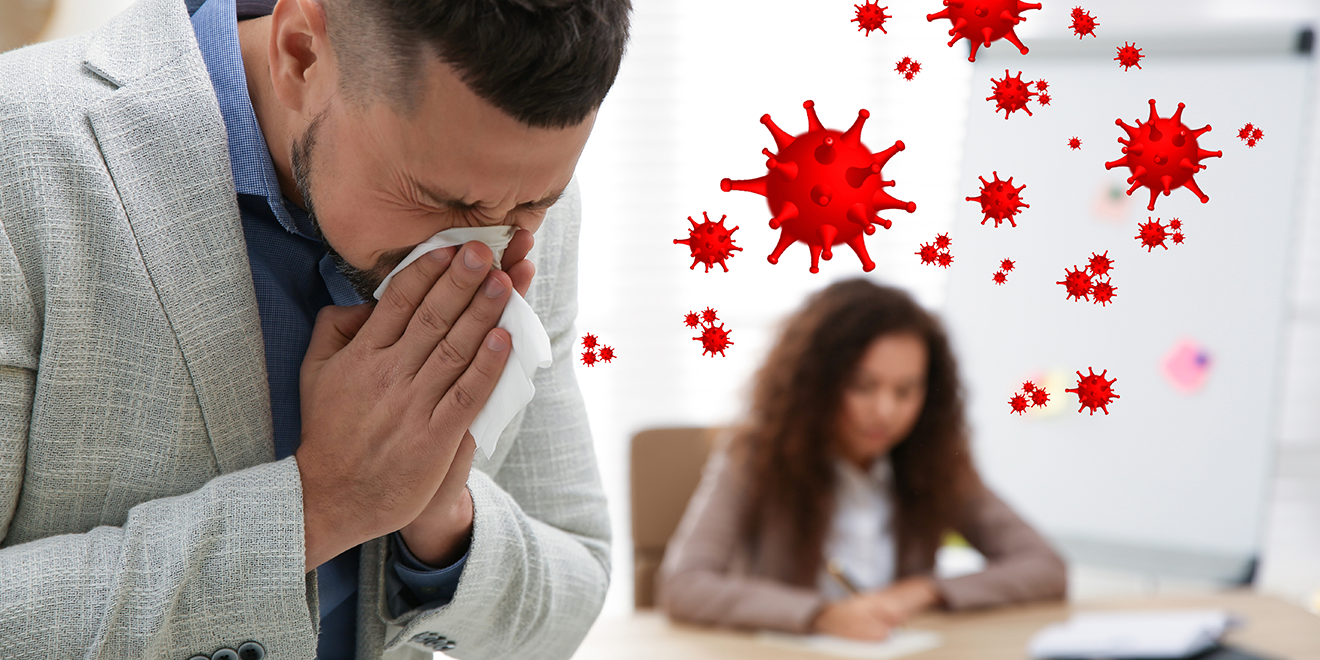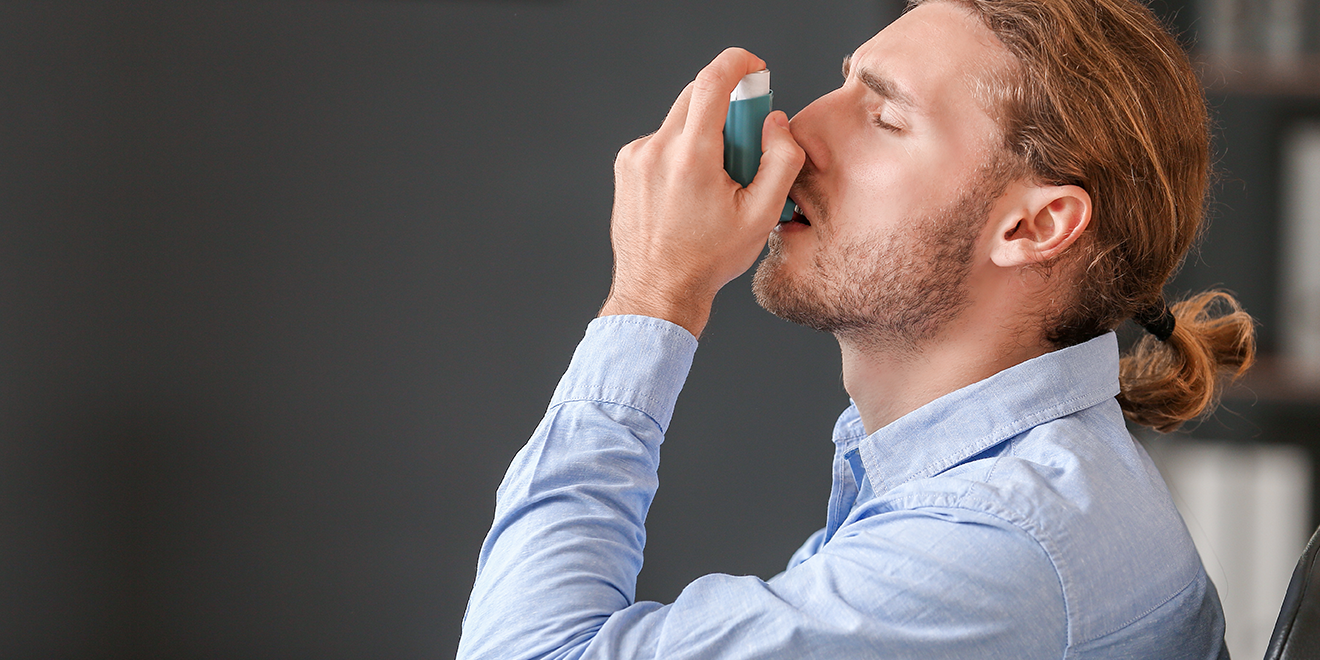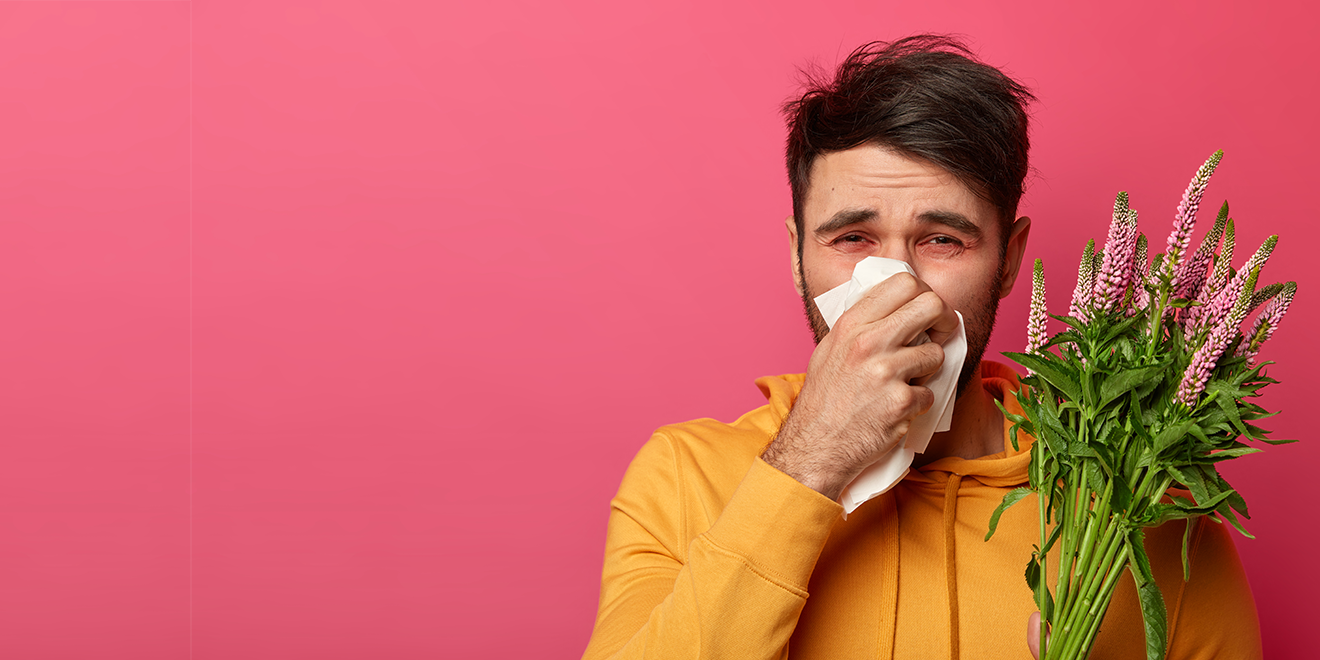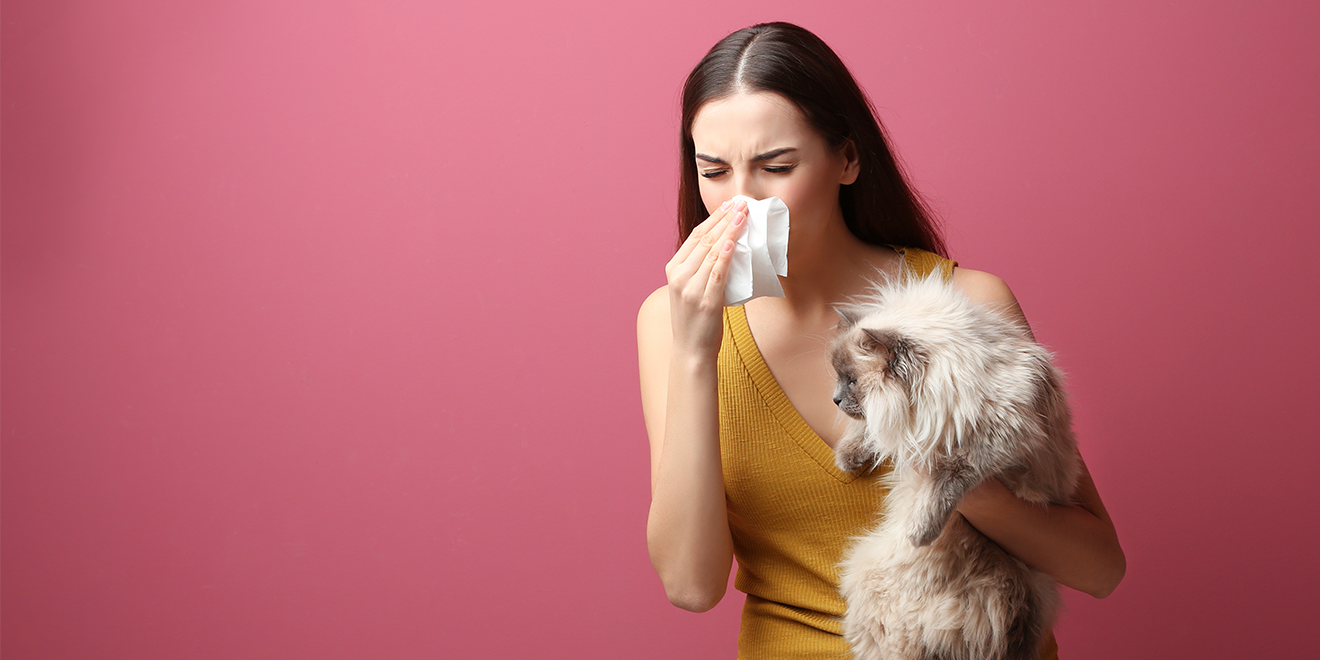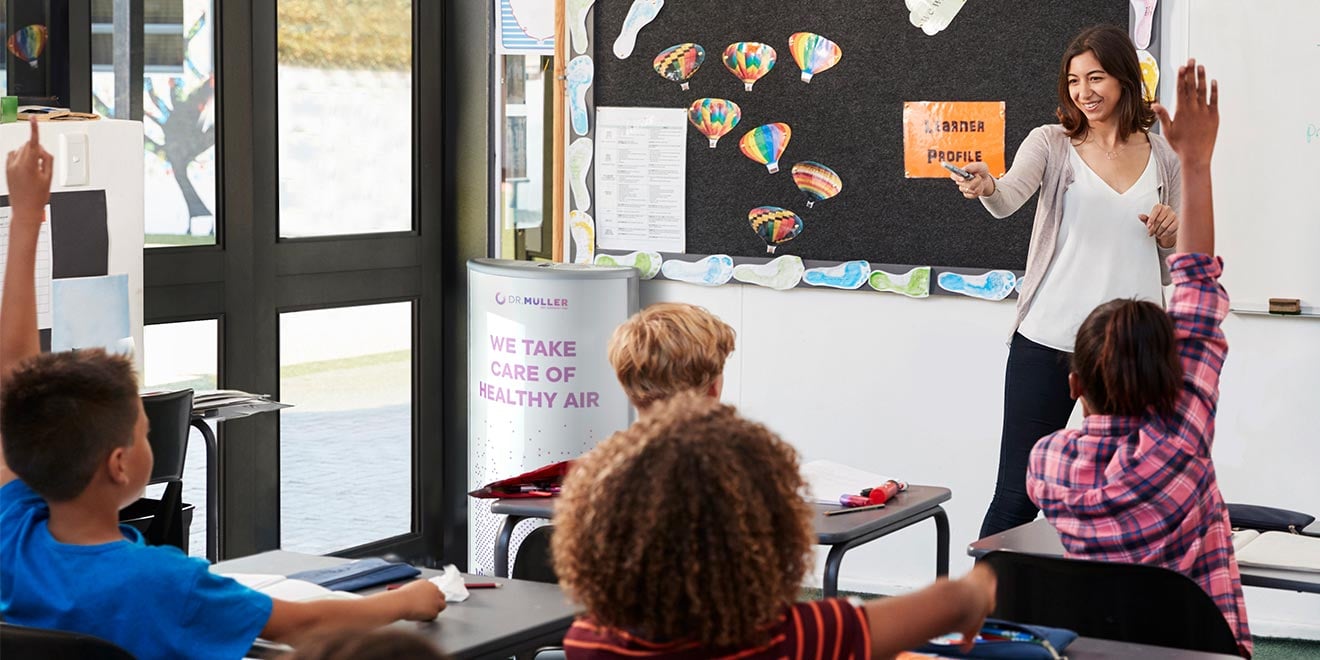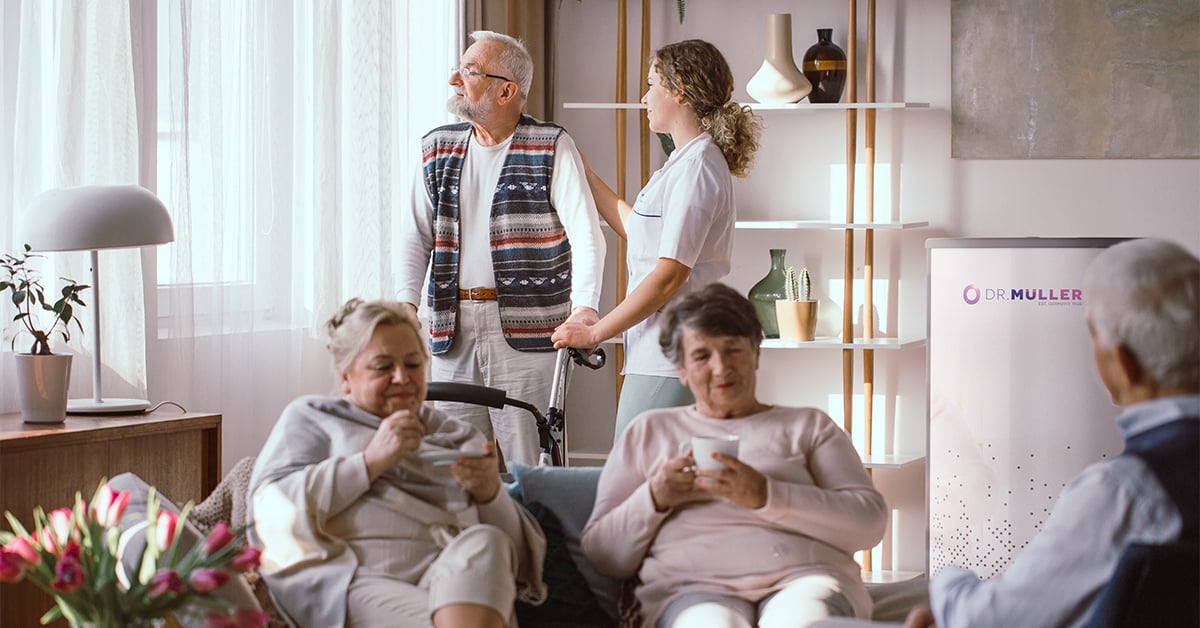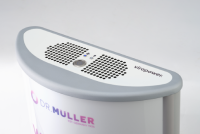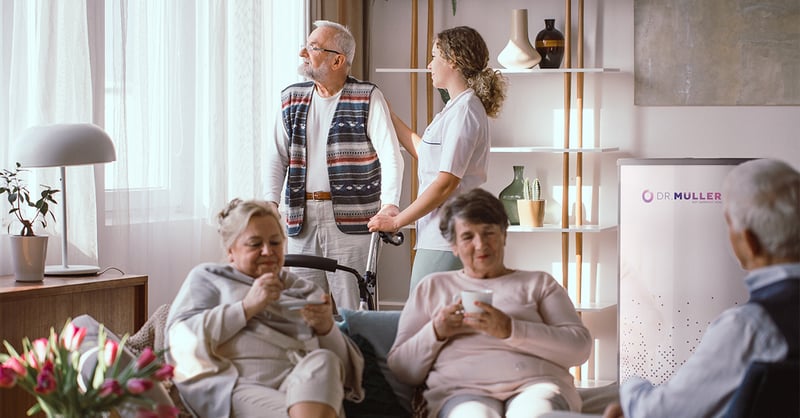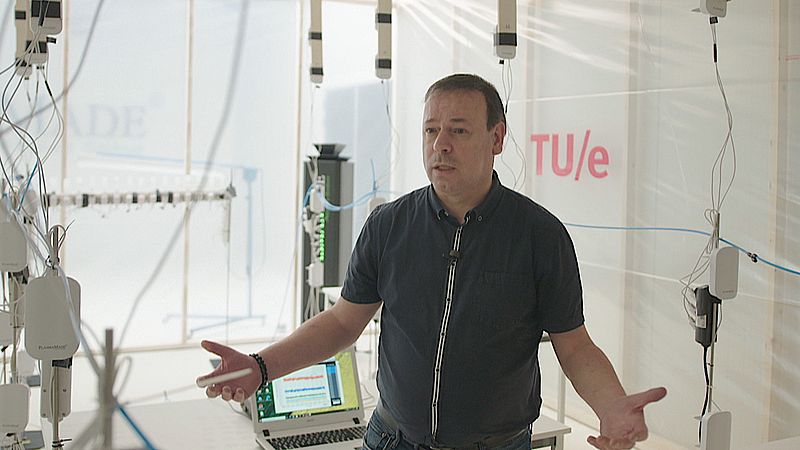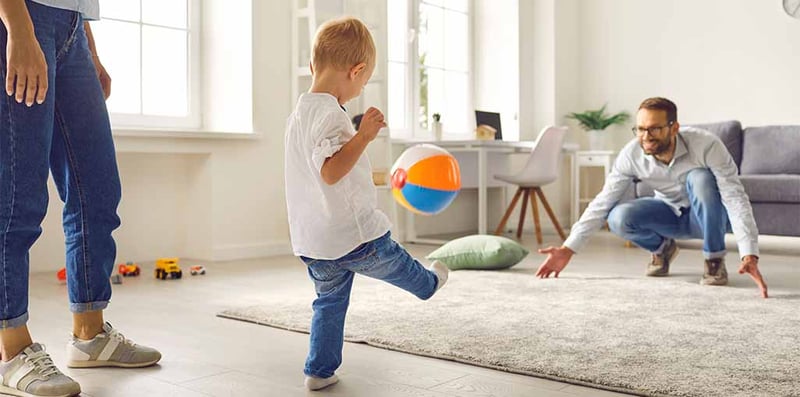Research in primary schools and nursing homes into the effectiveness of ventilation and air purification to reduce the spread of SARS-CoV-2
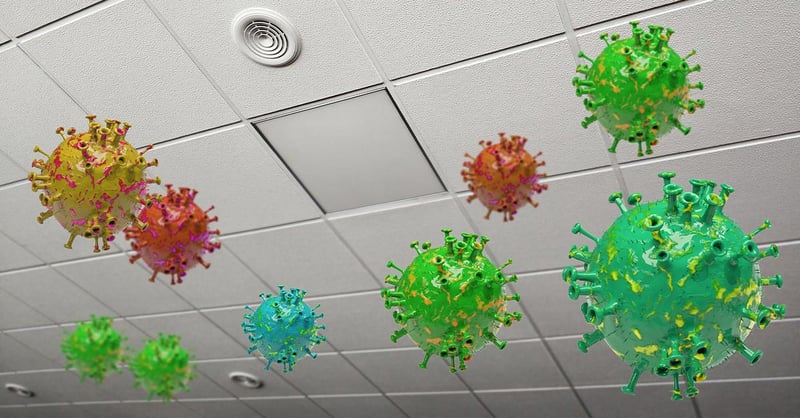
Collaboration project CLAIRE investigates what the qualifications that ventilation systems and air purifiers must meet to prevent corona infections are
Ventilation and air purification can help reduce the airborne spread of the SARS-CoV-2 virus in buildings. But what are the requirements that these ventilation systems and air purifiers must meet to minimise virus spread? A collaboration project between twenty partners will test the effectiveness of various methods. The University of Utrecht coordinates the collaboration in which sixteen companies and other partners participate, in addition to three different institutions (TU Eindhoven, TNO and Leiden University)..
Professor Lidwien Smit coordinates the partnership on behalf of the University of Utrecht. Even though the corona pandemic appears to be abating at the moment, Smit sees the relevance of the research for society in general. 'More knowledge about adequate clean air is of great importance not only for spreading SARS-CoV-2 and other viruses but also for preparing for future pandemics and improving the indoor climate.
'More knowledge about air purification is of great importance in preparing for possible future pandemics'- Lidwien Smit, professor of One Health and Environmental Epidemiology
Primary schools and nursing homes
'The research is taking place in primary schools and nursing homes, says Smit. 'In addition to the architectural, technological and virological aspects, we investigate whether the systems are acceptable and usable for users. We provide a scientific basis for evaluating ventilation systems and air cleaning equipment.' The scientists examine the performance of air purifiers and ventilation systems while measuring aerosols and SARS-CoV-2 virus, and other airborne microorganisms. The researchers also focus on recent developments in mobile air cleaning devices, for which they develop new evaluation and validation methods.
Collaboration between twenty partners
The collaboration is called CLAIRE: Clean Air for Everyone. The University of Utrecht is coordinating the partnership, for which 2.8 million euros has been made available by Health~Holland. In addition to the four universities, sixteen companies and other organisations participate in the consortium: PlasmaMade, Dolphin Air, Euromate, Noa Air, Ultrasun, Wolf, Konvektco (Jaga), AL-KO, Fellowes, TROX, Dehaco, Trotec, Vereniging Binnenclimate Nederland, Habion, Actiz and the Indoor Climate Technology Foundation.
Lidwien Smit coordinates the partnership. She works at IRAS, the Institute for Risk Assessment Sciences of Utrecht University and University Medical Center Utrecht.
The collaborative project is co-financed with a PPP allowance made available by Health~Holland, Top Sector Life Sciences & Health, to encourage public-private partnerships.
